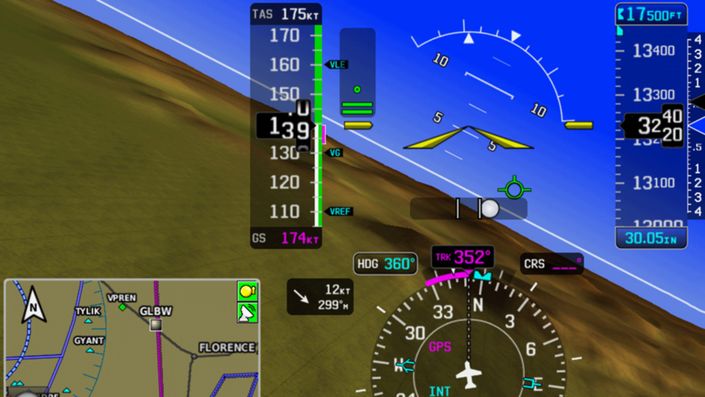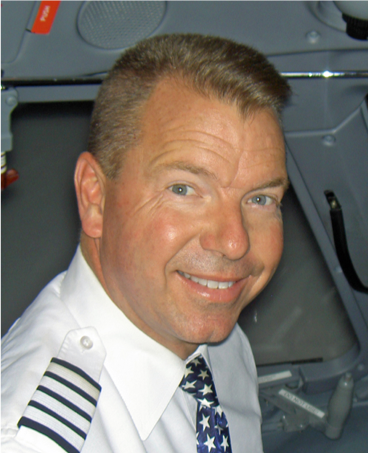
One of the most subtle yet potentially life-threatening conditions pilots can face is the unintended skidded traffic pattern stall...
Incapable of being accurately replicated in simulators, and exhibiting behavior unfamiliar to most pilots, skidded or slipping stalls pose a danger that is often underestimated. Stalls seen in Loss of Control In-flight accidents tend to be very different from the benign, coordinated stalls (or approach to stalls) generally seen in training. Understand the life-threatening characteristics of the skidded turn cross-control stall compared to its benign, comparatively safe, and stall-resistant cousin, the slip.
* If you are interested in other online APS courses, the All Access Pass includes a full year of access to all of the courses in the APS academy as well as bonus content including expert webinars and important industry updates.
Course Curriculum
-
StartPart 1: Introductory Examples of Cross-Control Stalls (2:56)
-
StartPart 2: Reasons for Cross-Controlled Flight (7:59)
-
StartPart 3: Aerodynamics of Cross-Control Stalls (8:07)
-
StartPart 4: Slipping Stall Characteristics (8:17)
-
StartPart 5: Skidding Stall Characteristics (10:08)
-
StartPart 6: Slip-Skid Comparison (3:35)
-
StartPart 7: Challenging Human Factors of Cross-Control Stalls (3:19)
-
StartPart 8: Strategic Cross-Control Stall Recovery Template (9:12)
-
StartPart 9: Flight Training Inadequacies and Limitations of Simulators for Cross-Control Stall Training (4:53)
Frequently Asked Questions
Get started now!
Your Instructor

Clarke is based at APS Headquarters at the Phoenix-Mesa Gateway Airport (KIWA) in Mesa, Arizona USA. His career spans a wide spectrum of aviation to include: the US Navy an F/A-18 Hornet fighter pilot, commercial flight operations as an airline captain at a major US air carrier, as well as general aviation experience starting as a teenager with his own airplane in light pistons, that later expanded into gliders and float planes. Clarke has over 15,000 flight hours, is a 6-time Master CFI, and is now in his 17th year specializing in the development and delivery of APS' world-class Upset Prevention and Recovery Training (UPRT) solutions.
More on Capt. McNeace: apstraining.com/mcneace
